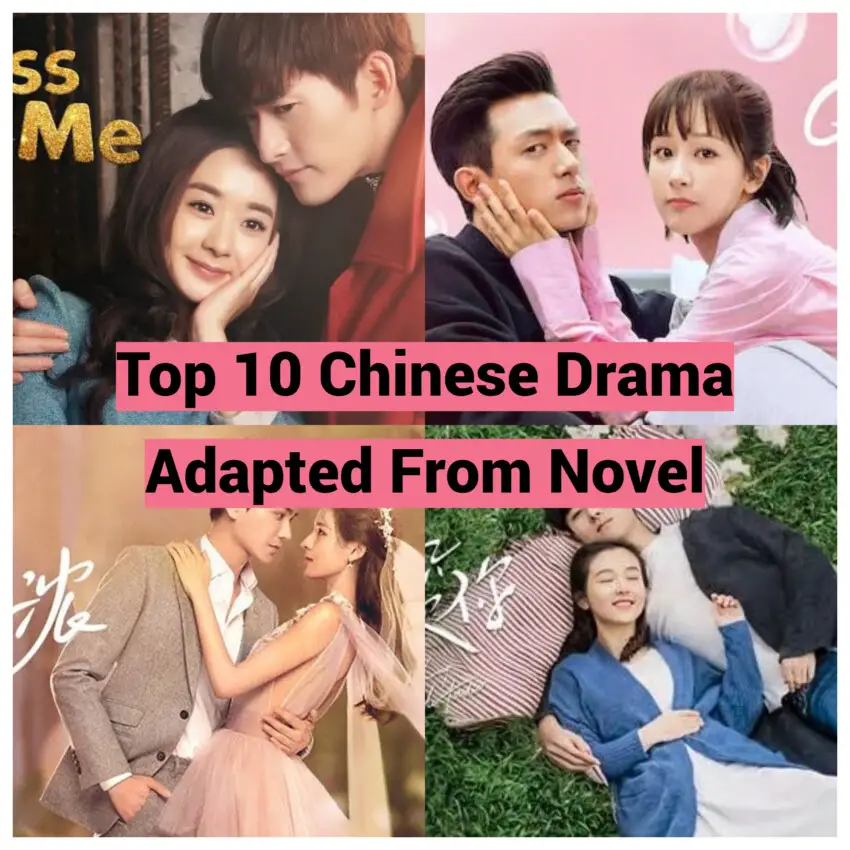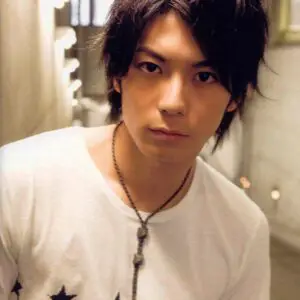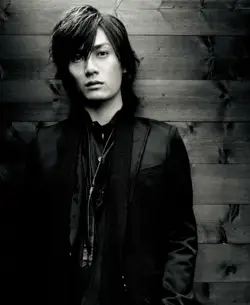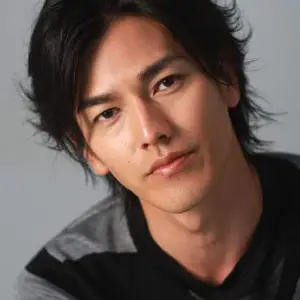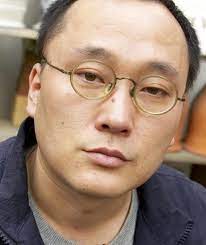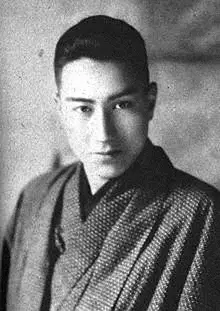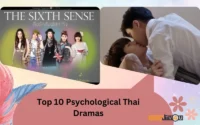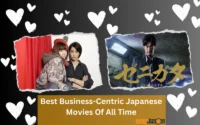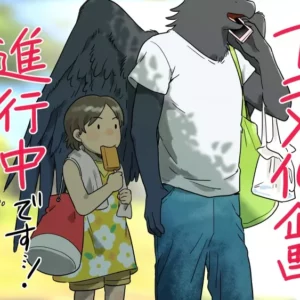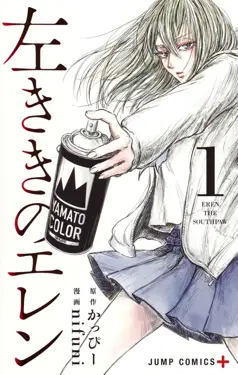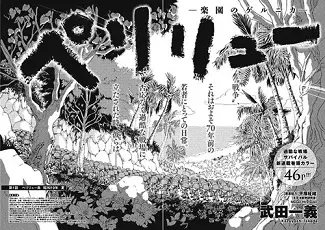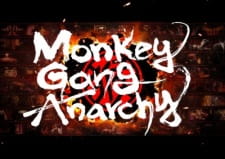
Directing is not an easy job. Actors, makeup artists, cinematographers, writers, film, sound, and lighting professionals collaborate with directors. Financial concerns are crucial in this business since filmmaking is costly. Here are some of Japan's best directors.
1. Yasujiro Ozu
Ozu is well known for Tokyo Story, a moving film about generational conflict and alienation as a masterpiece. Ozu employed a variety of quirky, often rule-breaking graphic approaches to portraying his subjects' ordinary lives while also giving them weight and transcendence.

2. Kenji Mizoguchi
Mizoguchi's 14-year-old sister was put up for adoption and forced to become a geisha when he was a toddler at the turn of the twentieth century. The incident would have made a tremendous impact on his life. Many of his films dealt with the challenges and brutalities that Japanese women experienced.

3. Akira Kurosawa
Starting with his debut film Rashomon in 1950, Kurosawa is the filmmaker most responsible for introducing Japanese cinema to a Western audience. Ikiru, Seven Samurai, and Yojimbo are some of his hit films.

4. Kaneto Shindo
Shindo worked with Kenji Mizuguchi at Tokyo's Nikkatsu Studios in the 1930s and early 1940s. He was drafted into the Imperial Japanese Navy in 1944 and was one of just six individuals to survive his unit of 100 soldiers. Throughout his career, he worked in genres until returning to the topic of war survivors with his final picture, Postcard (2010), which he finished at the age of 99.

5. Koji Wakamatsu
His films were violent, cruel, and sexual, and they were on a shoestring budget. Later, he turned away from exploitation to produce radical political films like United Red Army and Caterpillar, criticizing Japanese militarism.

6. Nagisa Oshima
Nagisa Oshima is an experimental filmmaker who shares many themes and motifs with other directors in the movement, including the use of outcasts as protagonists, confrontation with social norms, and exploration of taboo subjects. Oshima's depictions of sexual deviance are seen in films such as In the Realm of the Senses and Empire of Passion. Racism and social injustice are addressed in The Catch and Death by Hanging.

7. Kon Ichikawa
Ichikawa is best known for Tokyo Olympiad, a documentary on the 1964 Tokyo Olympics that focuses on the competitors as individuals rather than the competitions. An Actor's Revenge (1963), one of his rare period plays, depicts the story of a kabuki actor plotting to avenge the three men who killed his parents. The film shows Ichikawa's love of animation.

8. Shohei Imamura
Imamura began his career as an assistant to Yasujiro Ozu at Shochiku Studios, but he devised a manner that worked against Ozu's strict, regulated approach. He became one of the most prominent members of the Japanese New Wave in the 1960s. He received the Palme d'Or twice, for The Ballad of Narayama in 1983 and The Eel in 1997.

9. Hayao Miyazaki
Miyazaki is one of Japan's most successful filmmakers and one of the country's most valuable cultural experts. Spirited Away, his 2001 film about a little girl exploring a strange dreamland, a cure for her parents' abrupt transformation into pigs, smashed Titanic's box-office record in Japan and received the Academy Award for Best Animated Feature in 2003. Peacemaking and mediation are his protagonists' more special than conflict.

10. Takeshi Kitano
Kitano has a double life: on the one hand, he is a well-known filmmaker in the West, and on the other, he is Beat Takeshi, a scathing stand-up comedian, actor, and omnipresent TV presenter in Japan. His 2003 film Zatoichi, a blind masseur-swordsman, had him in the titular role, and a popular 1960s film series inspired it. It solidified Kitano's status as one of Japan's most wild and unpredictable individuals, with vengeance drama mixed with musical performances.


